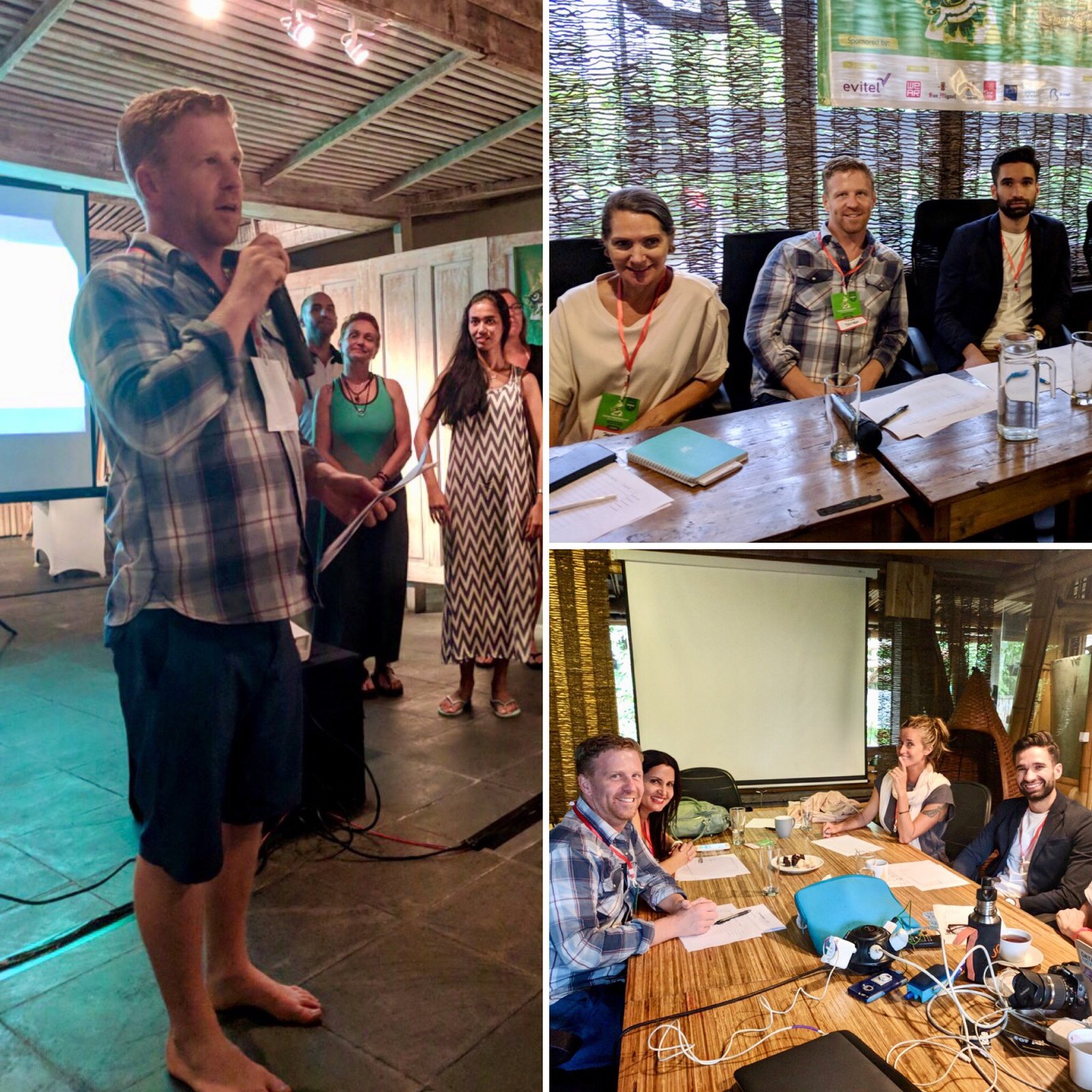Be wary of consultants claiming to bring on investors. While the business plan is an important tool in the capital raising process, investors ultimately make their investment decision based on the founder, team, product, market opportunity, competition and ultimately profitability. This makes it difficult for any third-party to make such a claim.
Do your due diligence to steer clear of frauds. Ask to see sample work and testimonials. Find out how many companies they’ve worked with and how much capital they’ve helped raise. If you still are not fully convinced, ask to speak with past clients.
It is important that your business plan writer has the expertise to help you get the funding your startup needs. The best business plan writer will evaluate your vision, goals, resources available and personal strengths to develop a strategy custom to your business. They will have experience approaching investors and be able to prepare you for presenting your startup in the most effective format for communicating your potential for profit.
Finally, you get what you pay for in this industry. That doesn’t mean you need to hire the most expensive solution available. However, it is important to align your business with a service provider that can truly help accomplish your goals.
It is important that your business plan writer has the expertise to help you get the funding your startup needs. The best business plan writer will evaluate your vision, goals, resources available and personal strengths to develop a strategy custom to your business. They will have experience approaching investors and be able to prepare you for presenting your startup in the most effective format for communicating your potential for profit.








